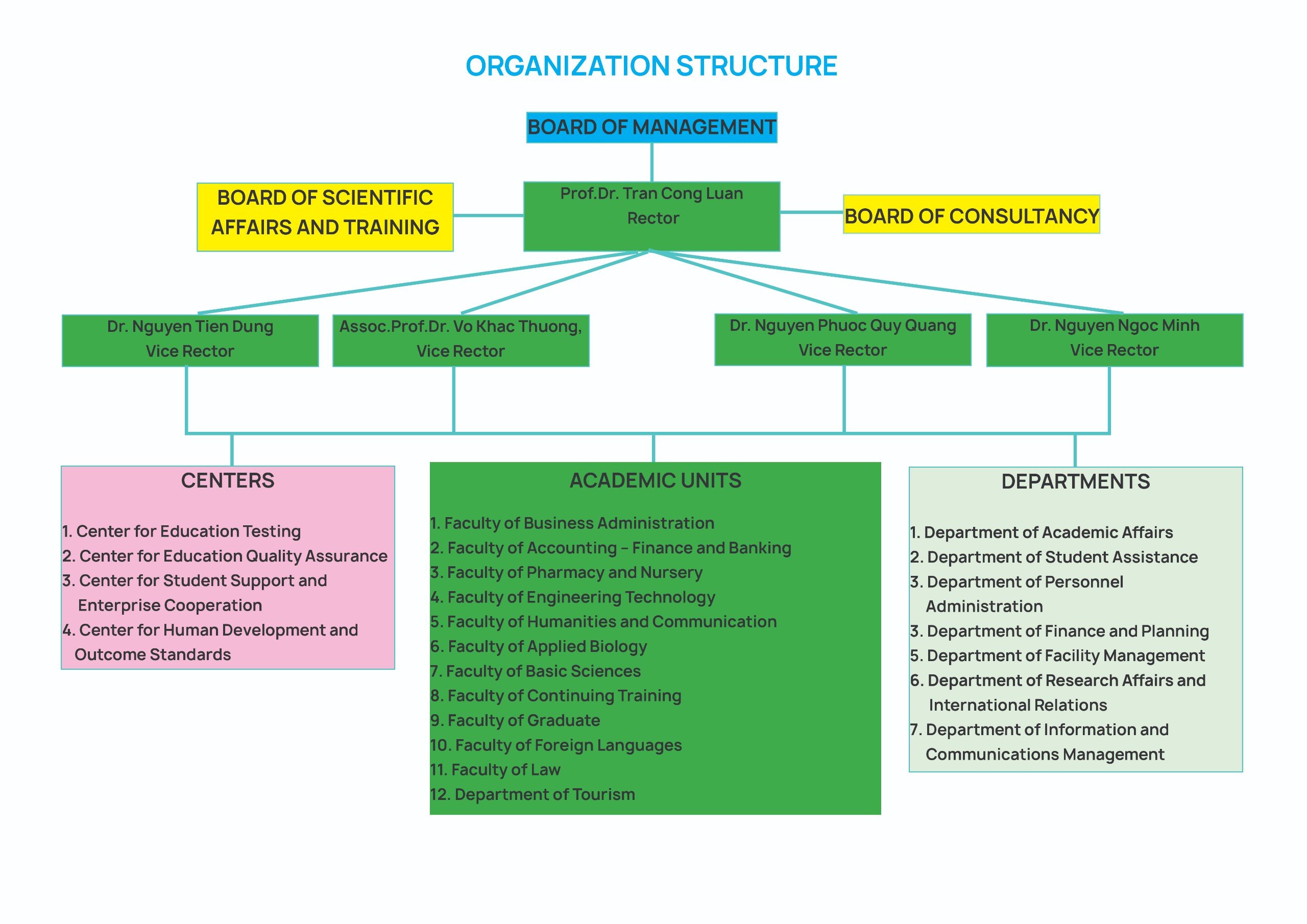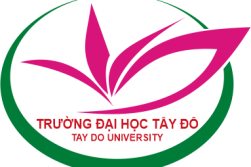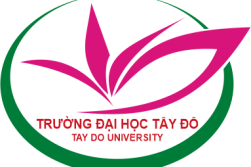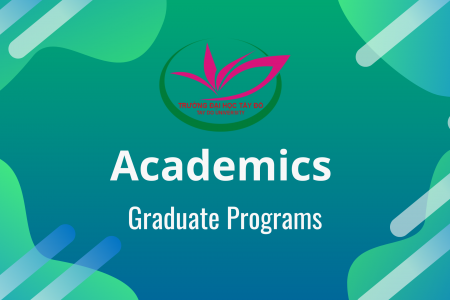Overview
Established on March 9th 2006, TDU became the first private university in the Mekong Delta in Vietnam. With the modern facilities, innovative training programs and experienced teachers, the university has provided superior education imparting expertise and moral guidance to its student population to meet their future challenges.
The opportunity is not only available to take practical courses under professors, associate professors, doctors and masters with practical experience and extensive expertise but also TDU students can gain exposure and experience from Directors or Managers of leading enterprises in these courses. Furthermore, the university provides the students with opportunities to have internships with more than 100 of their strategic partners. The students can also benefit from social skills and work skill courses, other supporting programs offered by units such as the Study Encouragement Society, the Enterprise Relation and Student Support Center, the Training Center for Graduation Standard – Human Resource Development, the Youth Union, the Student Societies and clubs, which help them gain rapid integration into campus life for self-development and gain advantages for work after graduation.
Over the ten years of its existence, TDU has trained over 28,000 students and produced a workforce of over 17,000. Over 88% of the graduates found jobs within three months of graduation - gaining the trust of society, parents and students.









